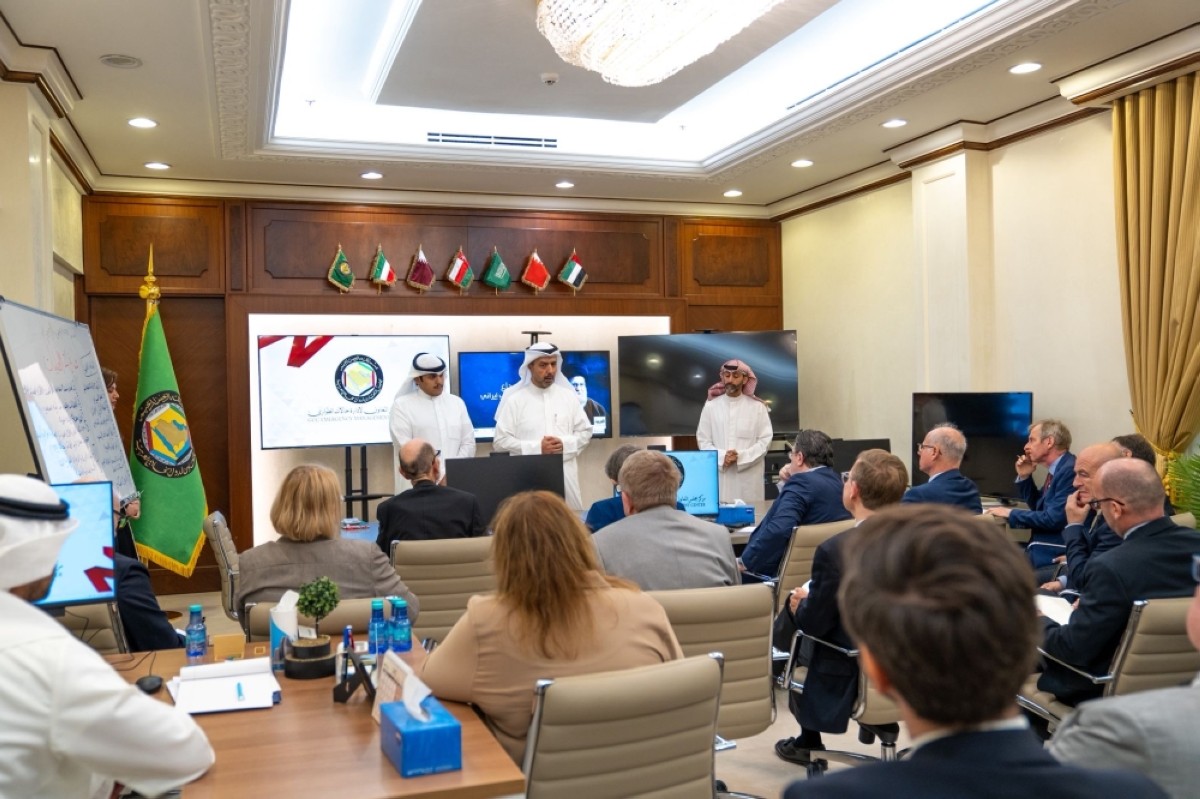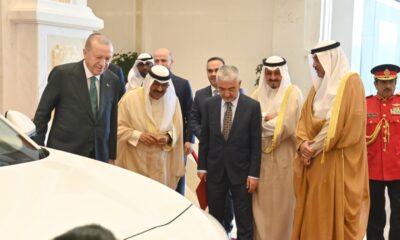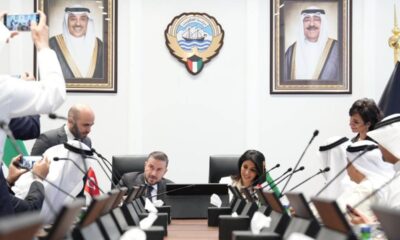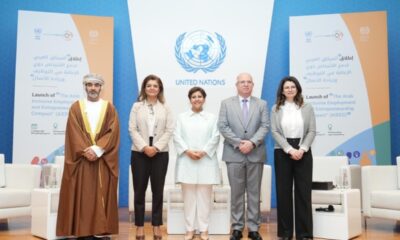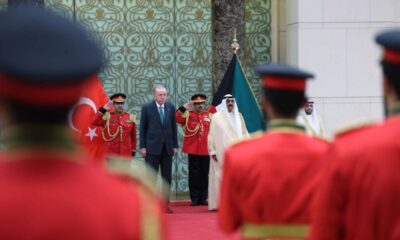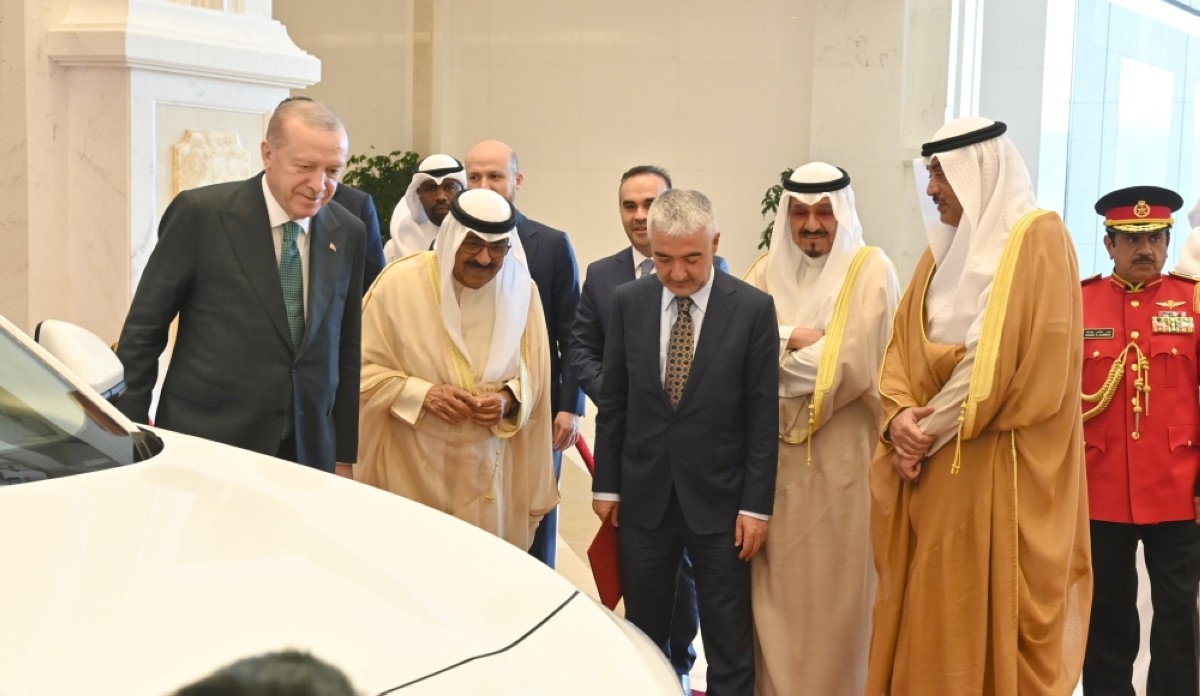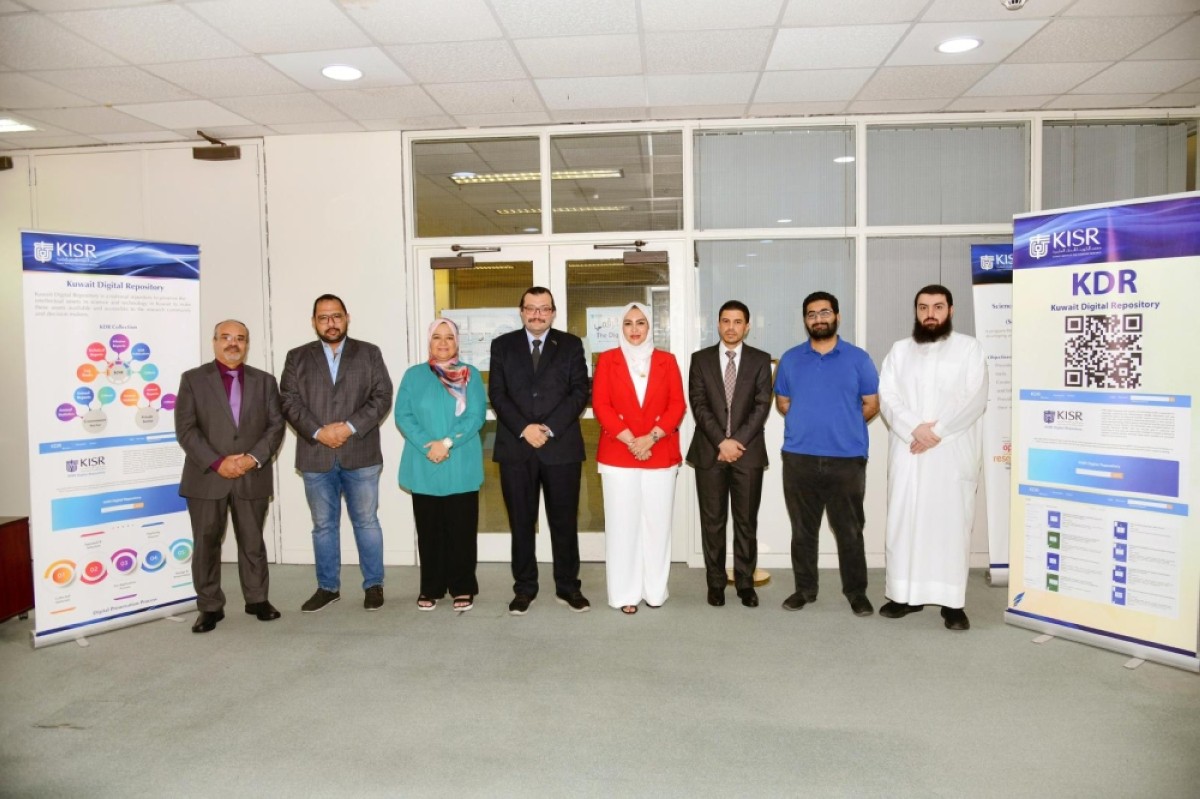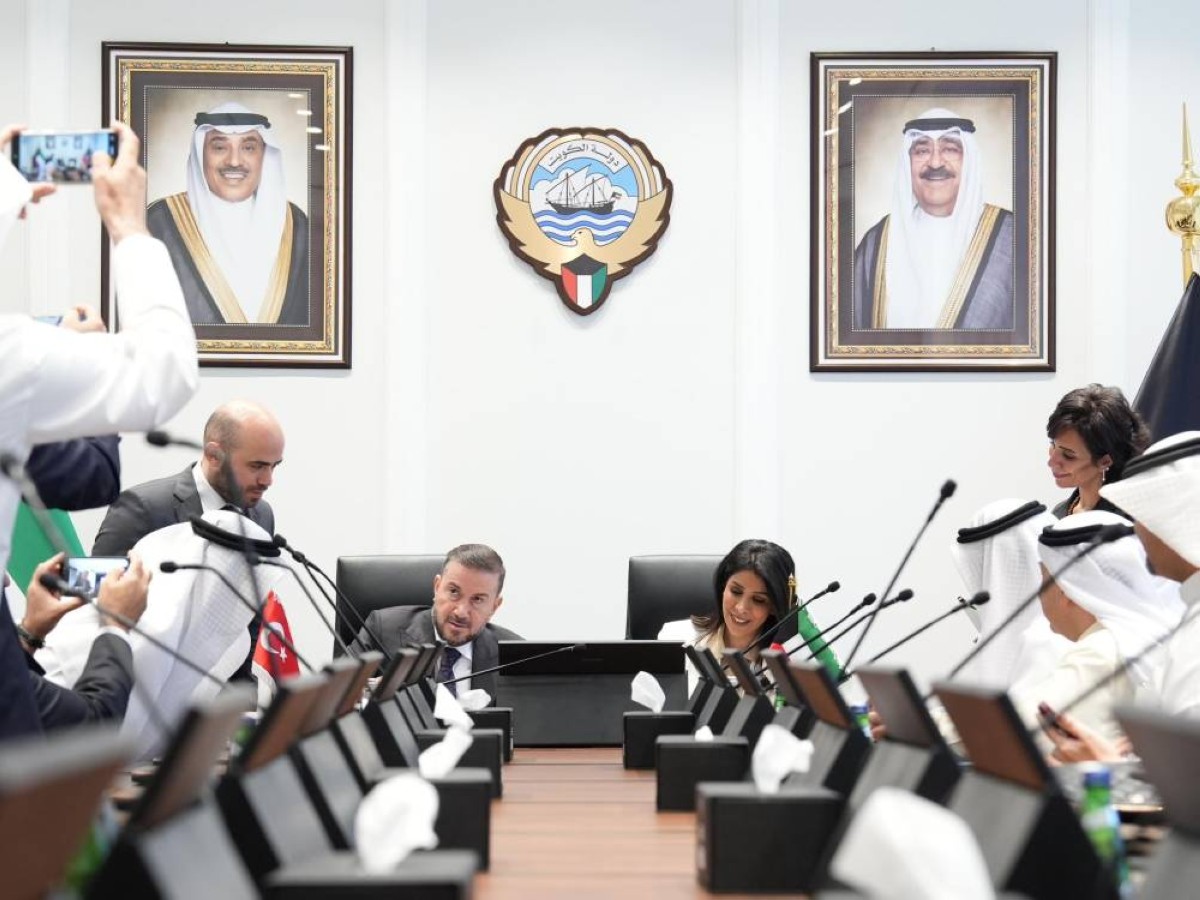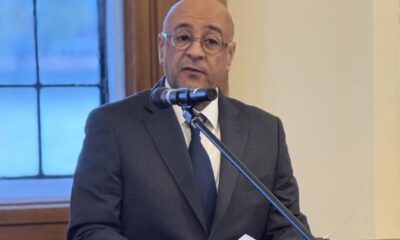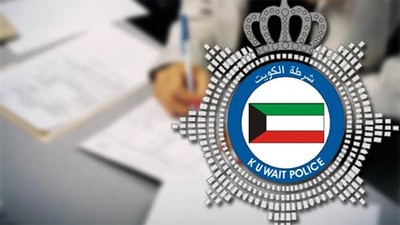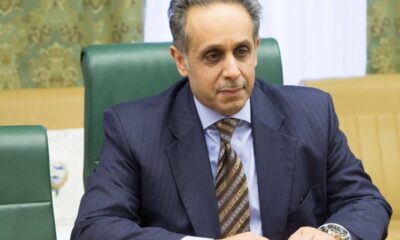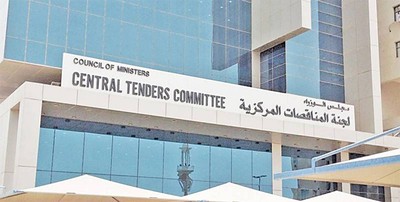KUWAIT: A government committee instructed on Wednesday the resumption of donations and funding of charitable projects in Kuwait and abroad with assurances guaranteeing governance and transparency, an interior ministry statement said. The statement revealed that the decision was made during First Deputy Prime Minister and Minister of Interior Sheikh Fahad Al-Yousef Al-Sabah’s chairing of the fifth meeting of the committee to restructure efforts of humanitarian and charitable organizations in Kuwait.
The interior ministry added that the meeting, gathering government entities tasked with the restructuring, would focus on boosting efforts of charitable organizations to meet international standards. The committee had discussed means to ensure that charitable financial transactions abide by international rules and regulations, and that humanitarian aid and donations reach those in need. The step also allows donors to track their finances and ensure it achieves its intended goals.
Meanwhile, Head of the GCC Emergency Management Center under the General Secretariat of the Gulf Cooperation Council Brig Dr Rashid Al-Marri received on Wednesday a diplomatic delegation consisting of 17 ambassadors from EU countries to Kuwait at the center’s headquarters in Kuwait. The center stated in a release that the visit aims to strengthen mutual cooperation and exchange experiences in the fields of crisis and emergency management, as well as to learn about the GCC countries’ experience in building an integrated system for regional security and safety.
During the meeting, Al-Marri presented a detailed overview of the center’s operational mechanisms, including radiation monitoring systems, early warning systems and regional emergency coordination. He also reviewed modern technological initiatives adopted by the center to support decision-makers. The delegation also took a field tour inside the central operations room, during which the ambassadors were briefed on the operational technologies used for monitoring and analyzing emergency data and on the immediate coordination mechanisms between GCC countries when facing disasters.
Al-Marri emphasized that the visit of the EU ambassadors represents an important step in strengthening international partnerships in the field of emergency management. He noted that the Center serves as an integrated platform for coordinating
Gulf efforts based on a comprehensive vision focused on prevention, preparedness, and response. He added that contemporary challenges, especially cross-border risks, require effective international cooperation and continuous exchange of expertise and best practices to ensure the safety of people and the environment.
He also stated that the center is open to all forms of bilateral, regional and international cooperation in areas of training, capacity building and information exchange, expressing his aspiration for a fruitful and sustainable partnership with EU missions that supports regional security and enhances collective responses to future risks.
The ambassadors praised the level of technical and technological advancement witnessed at the center and expressed their admiration for the advanced methodology adopted by the Gulf countries in dealing with crises and cross-border risks. The delegation included ambassadors from Croatia, Germany, Romania, Bulgaria, Belgium, Austria, Malta, Hungary, the Netherlands, Italy, the Czech Republic, France, Greece, Spain, Poland, Cyprus and the Ambassador of the European Union. – KUNA




